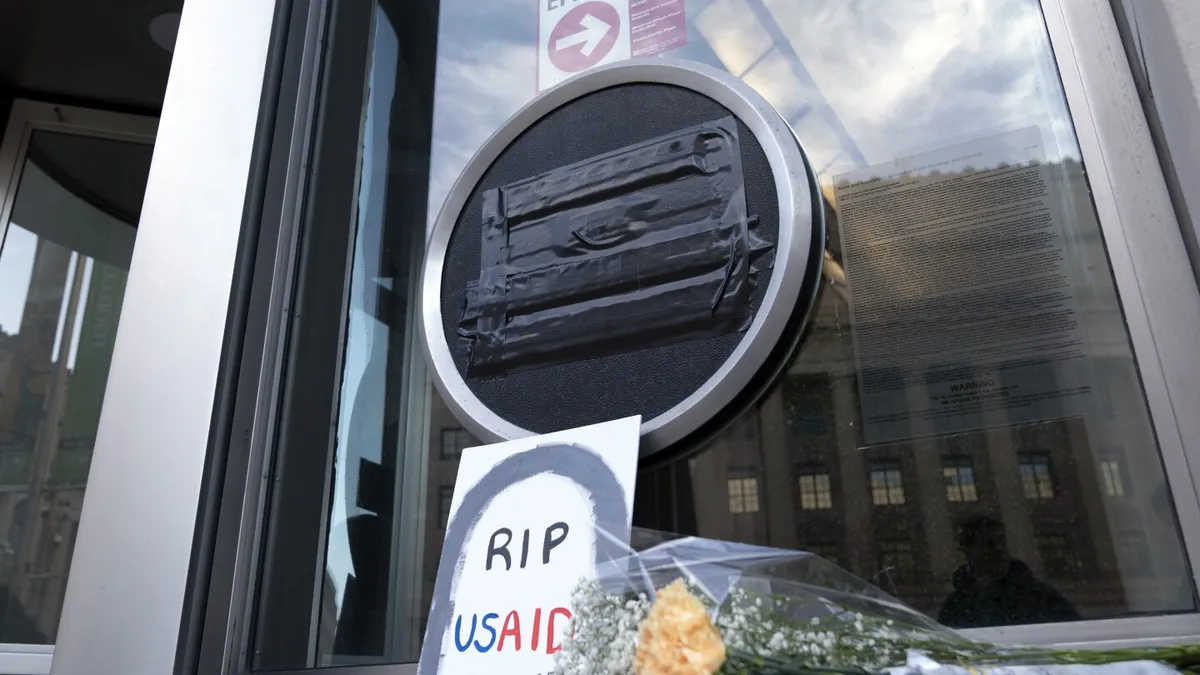
In a significant legal development, a federal judge has mandated that the Trump administration must pay nearly $2 billion owed to partners of the U.S. Agency for International Development (USAID) and the State Department by Monday. This ruling effectively ends a six-week funding freeze on all foreign assistance, which had severely impacted numerous nonprofit organizations and businesses globally.
U.S. District Judge Amir Ali delivered the ruling in favor of the plaintiff organizations, which included nonprofit groups that had filed lawsuits against the administration due to the funding freeze. This freeze had forced many organizations around the world to drastically reduce services and lay off thousands of employees, leading to widespread concern over the implications for international aid.
During the court proceedings, Judge Ali expressed skepticism regarding the Trump administration’s claims of broad presidential authority to override congressional decisions related to spending, especially concerning foreign policy and foreign aid. “It would be an ‘earth-shaking, country-shaking proposition to say that appropriations are optional,’” Ali stated, questioning the constitutional basis for the administration's stance. He probed government lawyer Indraneel Sur on the legal foundation for such claims, emphasizing the importance of adhering to appropriated funds.
This order is part of an ongoing legal case, with more crucial decisions anticipated regarding the administration’s abrupt termination of approximately 90% of USAID contracts worldwide. The judge's ruling came shortly after a divided Supreme Court rejected the administration's request to maintain the funding freeze that affected USAID operations, thereby directing Judge Ali to specify the government's obligations to ensure compliance with his earlier orders.
The funding freeze originated from an executive order signed by President Donald Trump on January 20, which had been challenged in court. Following the temporary restraining order issued by Judge Ali, the administration sought to appeal, but the latest ruling necessitates the immediate release of funds for work that has already been completed.
As the situation develops, this ruling underscores the ongoing legal battles surrounding federal spending and foreign aid, highlighting the critical role of the judiciary in maintaining checks and balances on executive power. The implications of this decision will likely resonate throughout the international aid community as organizations scramble to restore services and support to vulnerable populations worldwide.